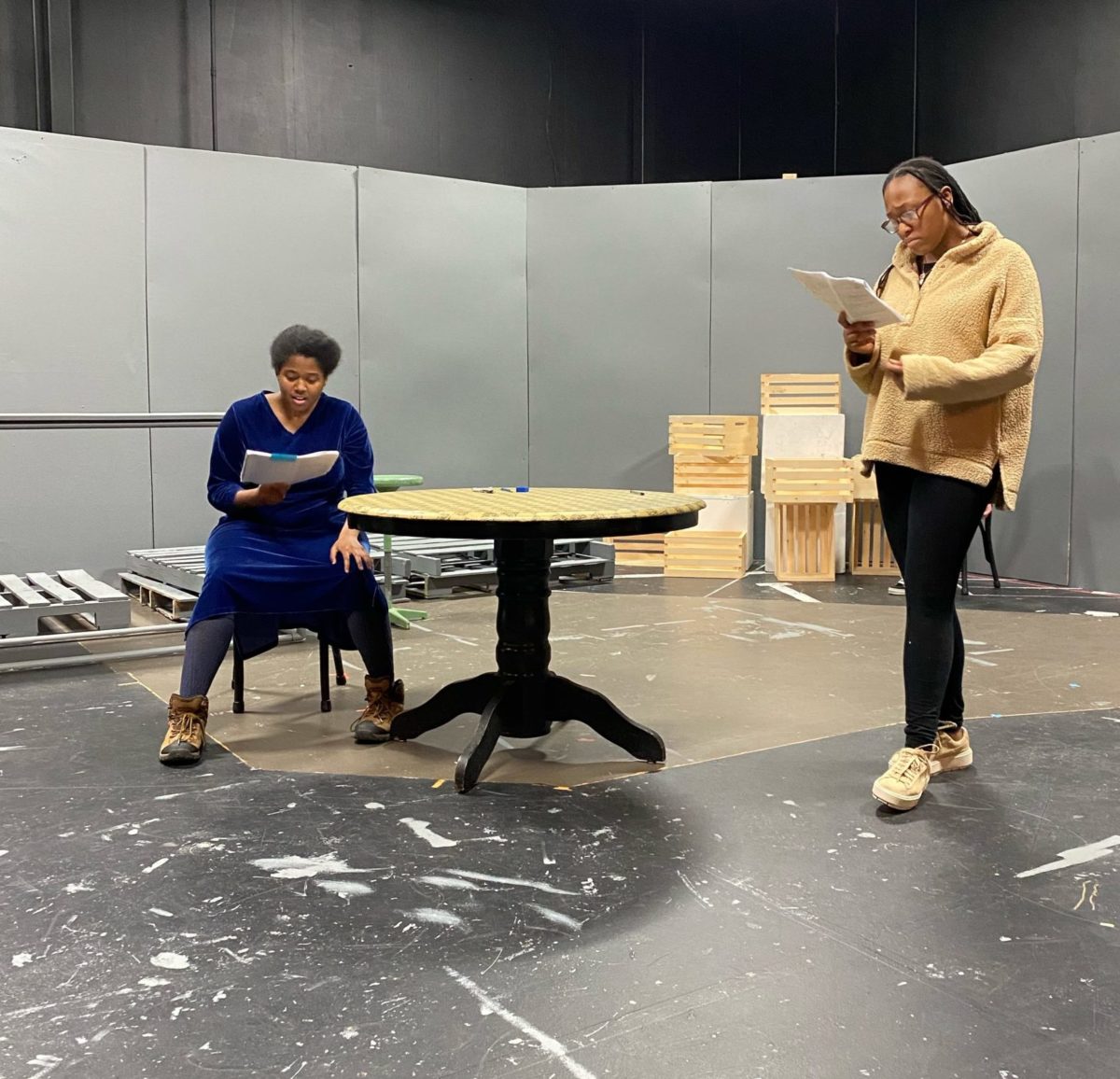College is the way to a better life. At least, that’s what I was told growing up in east Tennessee.
The textile mills that employed my great-grandparents and grandparents were shuddered, leaving behind only defaulted pensions and a polluted river. The plant that made toothpaste and hair care products that had employed my father since the day he graduated from high school was soon to close as well. The deindustrialization of America of the 1980s and 1990s was especially felt by my family in small town Appalachia.
Today, my family would be called “working poor,” but then we knew we were poor by any metric. My father was able to graduate high school and immediately enter the workforce at the plant with a decent paying job. As a young adult of the 1970s, he didn’t know what he wanted his firstborn son to do in life. My father’s experience at the plant taught him that there was a limit to how high he could climb in the company, so he believed that college was the way to a better life for his son. As a dutiful Appalachian son, I trusted his advice and went to a local state university.
As a young adult of the 1990s, student loans were the only way to pay for a college education – an experience that has persisted for the generations that have followed me. I became an education major, hoping to someday replace and honor those teachers who inspired hill born youth like me on their way to that better life. As it was, I worked on campus between classes and the rest of the evenings off campus. Graduation came, marking the start of my career as an educator and, of course, the start of my student loan repayment plan.
Make no mistake, without that student loan program, college was out of the question for me. Higher education and the opportunities it provides enhance people’s lives, and it certainly did mine. Without a college education, I honestly don’t know what I would’ve done for work as the textile mills in my hometown were scuttled so distant money managers nowhere near Appalachia could make millions for an anonymous board of directors and investors.
I began my life as a newly married, young teacher in one of the poorest school systems in the state of Tennessee, getting paid much less than teachers in larger cities like Nashville who had the same job description and responsibilities as me, and making it much more difficult to repay those student loans that were a necessity for me to even qualify for this job.
Nashville is a large metropolitan area that can generate much more revenue in land taxes than smaller, rural schools in Appalachian east Tennessee. Using property taxes as a way to fund school systems has done nothing but keep poor schools poor. Maybe that’s by design. As a teacher in a small school in a small town, I can attest to the lack of resources that the state’s current funding formula creates.
I’m a dedicated “lifer” of a teacher that believes in the importance of the work — but this salary is not enough to raise a family well. According to the Center for American Progress, one in six Americans over the age of 18 owe federal student loan debt amounting to over a trillion dollars in total. For someone with the salary of a public servant, that debt is an obstacle too formidable to overcome, and as a public school teacher, it’s difficult to send my own kids to college knowing the debt they will have to incur themselves to be there. There is a student loan crisis in this country, and it is felt here too in Appalachia.
As our new president takes office, his administration will face challenges that may seem more important than a region’s – and a nation’s – struggle with the college debt we incurred so that we could secure jobs many thought would lift us financially beyond our parents’ generation. This president faces the worst health crisis in more than 100 years, an economic crisis that came in its wake and, now, the fallout of events at our nation’s Capitol that threatened the very core of our democracy. But I’m asking him not to forget about his campaign promise to aid Americans struggling under the weight of student loan debt and do something to protect the next generation.
Now, my daughter is ending her high school career, and like my father before me, I have stressed to her the importance of continuing her education. Like me, my daughter will have to take out loans to pay for her education – loans that will weigh her down as she starts out in life after her graduation.
Maybe she will leave these mountains, or maybe she’ll find a different life where the Blue Ridge isn’t in the distance but in her memory, or maybe she’ll stay and find a way to serve these hills and those of us who remain. But it’s not too late for her to start that life without the burden of a debt required of me in an attempt to do better than my parents’ generation.
Matthew Wilson is an educator in northeast Tennessee and graduated from East Tennessee State University and the University of Cincinnati. He has more than 20 years of teaching experience in Appalachia.
Matthew is also a member of 100 Days in Appalachia’s Appalachian Advisors Network. For more information about Matthew, to interview him for a story, or to learn more about AAN, visit our website.



